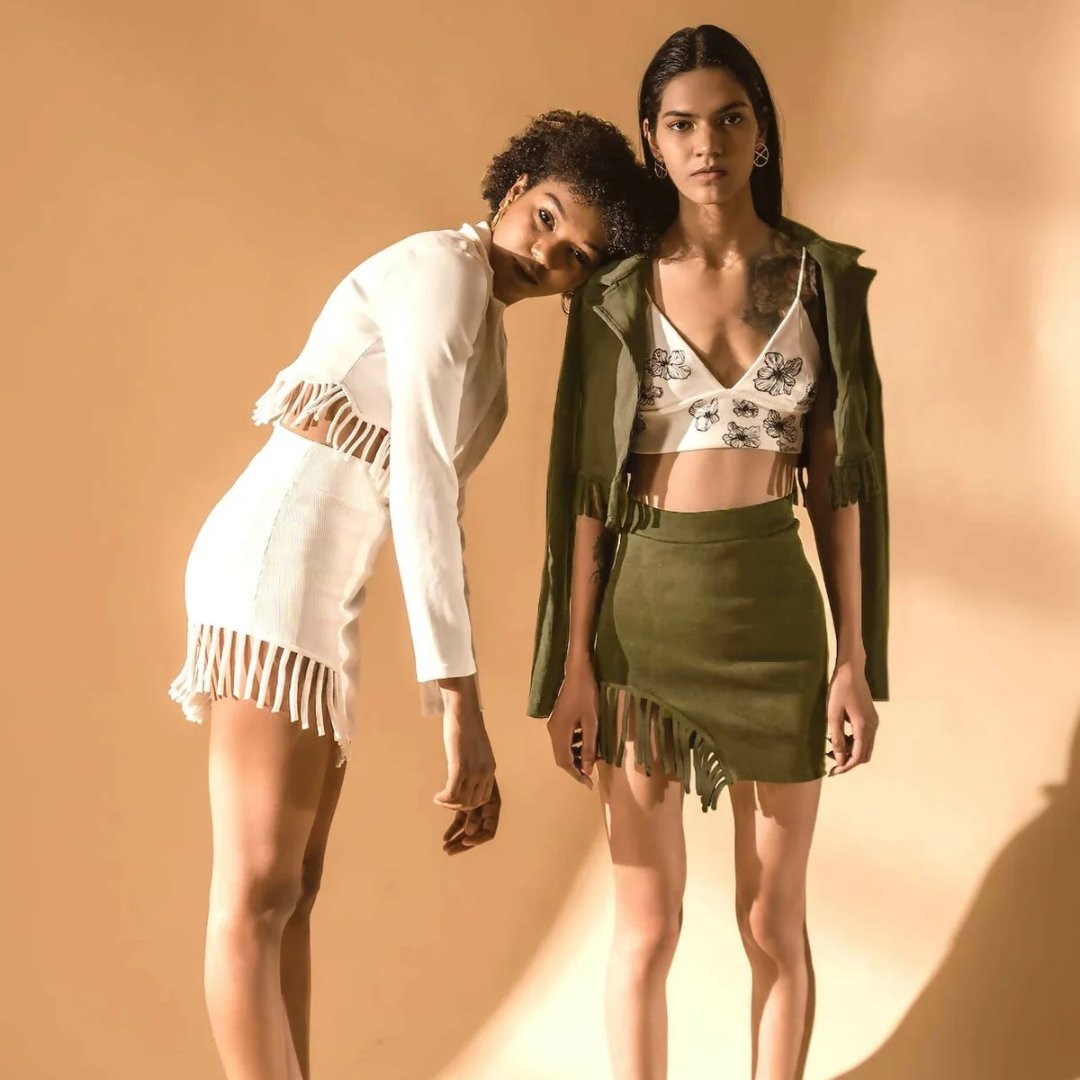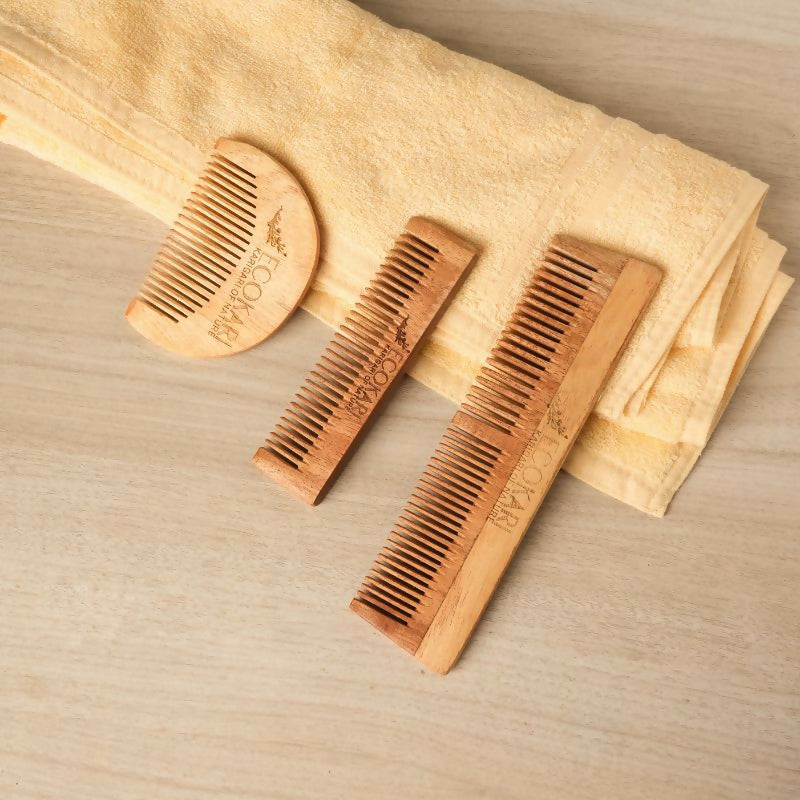Anti-Haul, Underconsumption, De-Influencing: Influencers Hated Words!

Following the week of Fashion Revolution Week 2025, it feels important to reinstate just how much is being produced in fashion, and how much is sold through the lie that more is better. The reality that 92 million tonnes of textile waste are produced every year is not changing anytime soon, and in fact, it’s only growing faster than ever. When we look at global landfills, from Delhi’s Ghazipur landfill to the Apex Regional Landfill in Las Vegas, Nevada (which sadly holds a Guinness World Record for all the wrong reasons), the numbers are terrifying.
Apex is the largest landfill in the world and is said to hold around 50 million tonnes of trash and has a projected lifespan of up to 250 years, that’s about ten generations living alongside our waste. And the burden is only getting heavier. This is a lot more than what the Earth can sustainably carry.
But let’s be honest, the waste didn’t just appear magically out of nowhere. Someone bought those products, used them briefly, and trashed them. Especially when it comes to fashion, or any consumer product, influencer marketing has drastically amplified the rate of consumption. Social media platforms have become breeding grounds for hyper-consumption, where the Global Fashion Influencer Marketing Market alone is expected to reach a massive $46.47 billion by 2031. You blink, and suddenly there are hundreds of influencers throwing discount codes, showcasing endless brand partnerships, and promoting 'hauls' - summer hauls, festive hauls, "everything under ₹500" hauls, you get the gist.
The problem is, when this model grows unchecked, it glamorizes being a shopaholic. It glorifies the idea that your life will somehow be better if you just buy one more outfit, follow one more trend, jump on one more bandwagon. And as trends change by the minute, the pressure to buy more and discard faster only grows. The industry keeps making more, because every new cycle means more profit. That’s the blueprint - take, make, dispose, and repeat.
But lately, some words and movements have started to creep into the conversation, ones that big influencers and the fast fashion industry definitely don’t want gaining too much momentum. Words like anti-haul, underconsumption, and de-influencing.

Anti-haul is the exact opposite of a haul - it’s a conscious choice not to buy things you don’t need. Sustainable advocate Shelby Orme, who holds a degree in Environmental Science, also an ethical influencer, explains it in a video titled "This level of consumerism is not okay... (anti-haul)," that you don't need to constantly buy more, and that shifting your mindset can save both your money and the environment. There are more creators now posting about hauls you don't need, or viral products you don't have to buy, but it’s still a small counter-current in an ocean of overconsumption.
Then there’s underconsumption - positioned against the endless push for overconsumption which promotes the idea of buying less, slowing down, and valuing the things you already own. It even went viral for a bit as a 'trend,' which is ironic because it shouldn’t be treated as a passing moment; it should be the norm. Buying less, using more, and making what we have last longer, that’s real style with value.
And then comes de-influencing. What? Something like that exists? Yes, it’s very real. Ethical creators are now openly telling their audiences what not to buy, calling out products that are low-quality, wasteful, or harmful to the environment, in between the saturated industry with flashy marketing.
Because everywhere we turn today, there’s a sale, a discount code, a haul waiting to tell us we need more. But what if that slowed down? What if buyers consumed only what they truly needed and reused what they already owned?
Imagine if influencers themselves switched from endless unboxings and discount codes to promoting upcycling, making things with what you have, or spotlighting brands that are genuinely sustainable instead of cheap, fast-made goods. Imagine if they showcased creativity, craftsmanship, and conscious consumption instead of just newness.
Maybe then, the influence would actually be worth something. Maybe then, we’d have a future worth handing over to the next ten generations.






Leave a comment